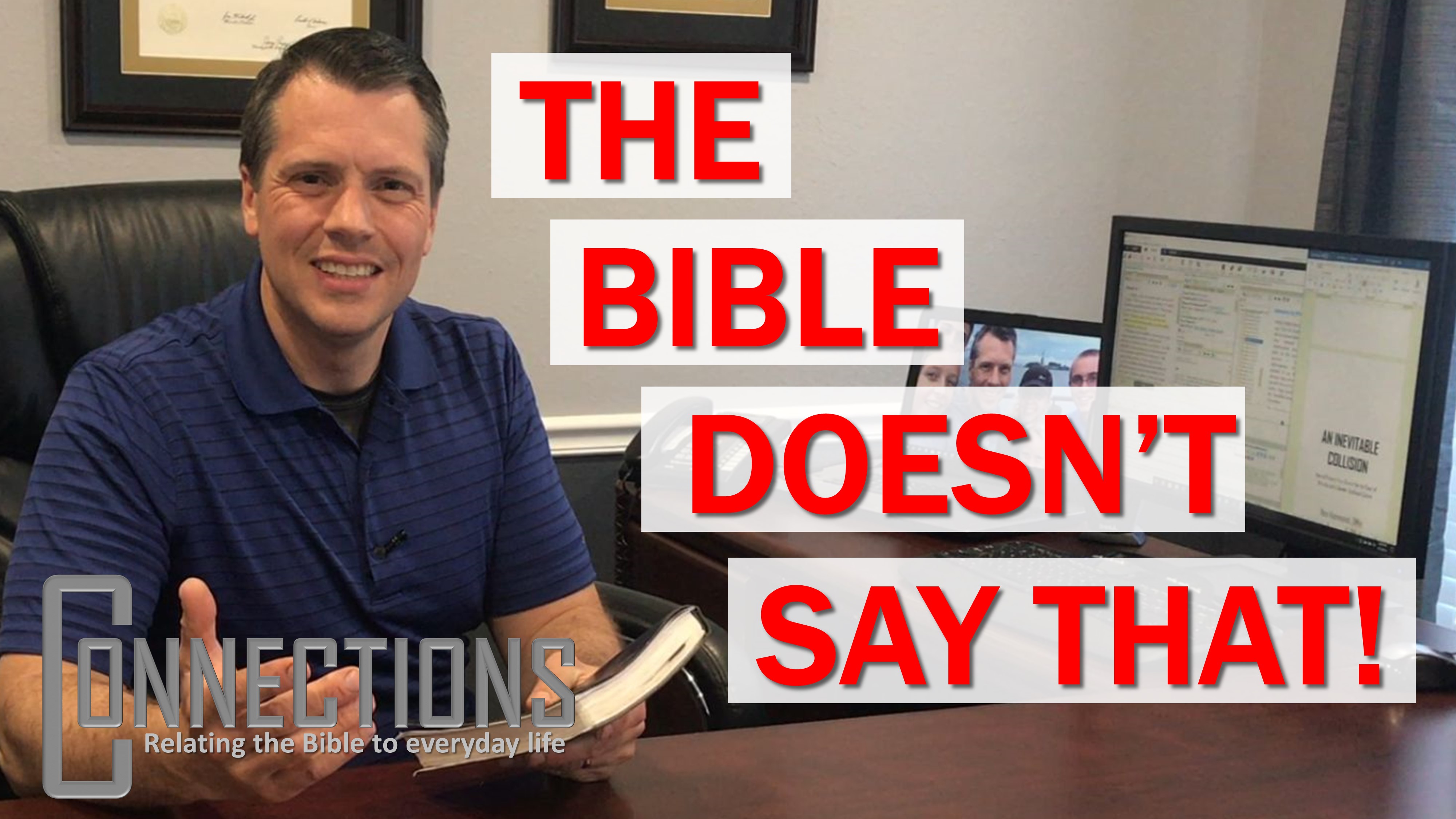 So far we have seen that many people make decisions based on either general acceptance or personal preference. We have also seen the error in both of these. Both are ambiguous because acceptance and preferences are subject to change. How, then, should we make decisions, especially on moral matters?
So far we have seen that many people make decisions based on either general acceptance or personal preference. We have also seen the error in both of these. Both are ambiguous because acceptance and preferences are subject to change. How, then, should we make decisions, especially on moral matters?
DECISIONS SHOULD BE BASED ON KNOWLEDGE
John Oswalt, in The New NIV Commentary: Isaiah, points out that we have two ways of knowing things (anything). Here they are:
1. By experience
You know something because you have personally lived through it or feel it yourself.
2. By revelation
This is how we know of things outside of our experience. We may we hear about it, read about it, or find out about it in some other manner.
We have already seen that truth based solely on our own personal experience (#1 above) is notoriously untrustworthy. Therefore, the only option we have left is revealed truth.
To truly know what is right and what is wrong, we have to consult someone outside of ourselves, someone with the authority to make the decision. Who might that be?
How about the Creator?
Sometimes when we are playing a game, we have a question about the rules. After all, different families play games different ways, and when members of these families come together, it does not work to depend on people’s experiences to decide how to play. Each person has experienced a different way to play and prefers to have it his way. So, where do you turn?
You have to look in the rulebook. Does it not make sense that the creator of the game should get to make the decision?
Maybe we should take the same attitude with the moral questions we have about life. When we need to know what is right and what is wrong, we would do well to look to the Creator and His rulebook in which He revealed His idea of truth.
Again, remember Paul’s words to the Corinthians:
That your faith should not stand in the wisdom of men, but in the power of God. (1 Corinthians 2:5)
Paul wanted their faith to be in God rather than man. Man’s thoughts and feelings will change, but God will not.
So, what do we do about the moral dilemma in which we find ourselves concerning the issue of homosexual marriage? In my opinion, the debate should not even be over the definition of marriage. The fact we would even have this discussion indicates a deeper problem—the fact that we have no moral compass.
As humans, we do not have the authority to decide what is right and wrong. That has already been decided. Our job is to humbly submit ourselves to God’s definition of morality.



